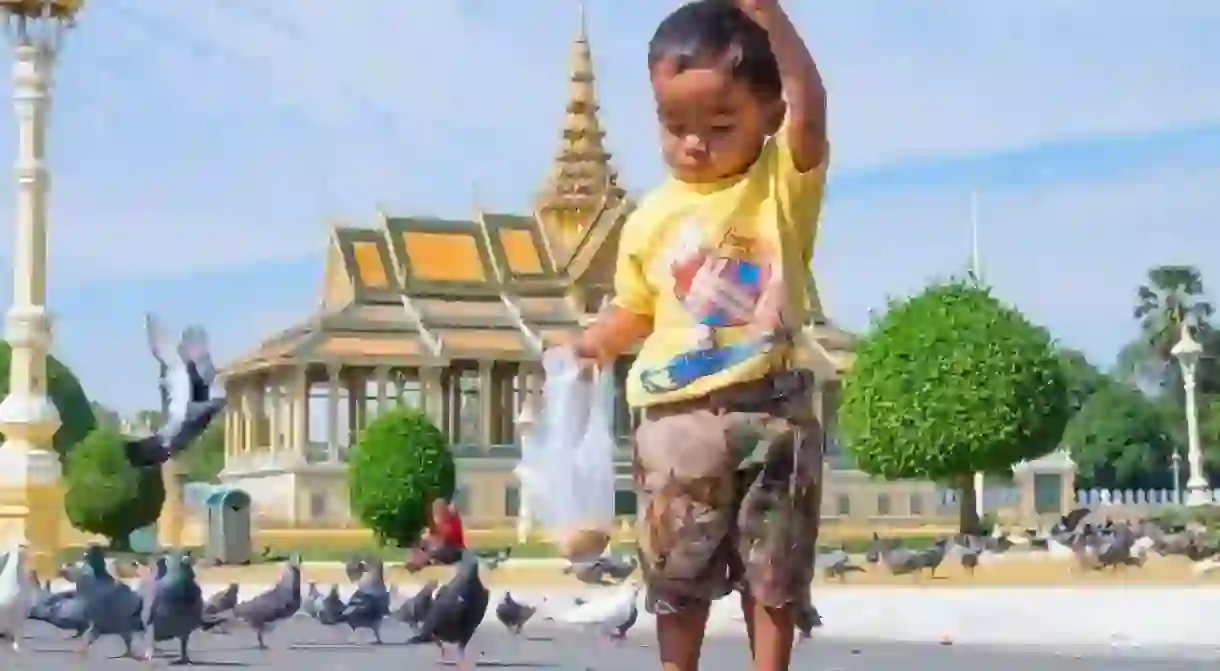The 10 Best Things to See and Do in Phnom Penh, Cambodia

There are no shortage of activities to fill your stay in the Cambodian capital, from dipping into Khmer culture and exploring the city’s heritage, to sampling the delights of the array of local food available. Here are the top 10 things to do in Phnom Penh.
The Royal Palace and Silver Pagoda
Buddhist Temple, Museum, Shrine
National Museum of Cambodia
Museum

Tuol Sleng Genocide Museum
Museum

Choeung Ek Genocidal Center
Memorial

Cambodian Living Arts' theatre show
Museum

Wat Phnom
Park, Buddhist Temple

Koh Dach
Homestay

Phnom Tamao Wildlife Rescue Center
Park

Phnom Penh Food Tours
Food Stand, Asian

The sister tour of the successful Siem Reap Food Tours gives visitors the chance to feast on food cooked fresh on the streets. The two tour options – morning and evening – both take guests off-the-beaten-track to sample authentic Cambodian flavours at markets, street food stalls and hole-in-the-wall eateries, all led by an informative guide. This is a great way to sample the diversity of Cambodian food in a fun and safe way.
Sunset boat trip
Natural Feature
There is no better way to start the evening than with a relaxing jaunt along the Mekong or Tonle Sap rivers as the sun melts into the horizon to mark the end of another day. There are plenty of options, which vary in price and quality. Tara Boats and Kanika come recommended and offer a range of boat trips, including buffet dinner and entertainment.













